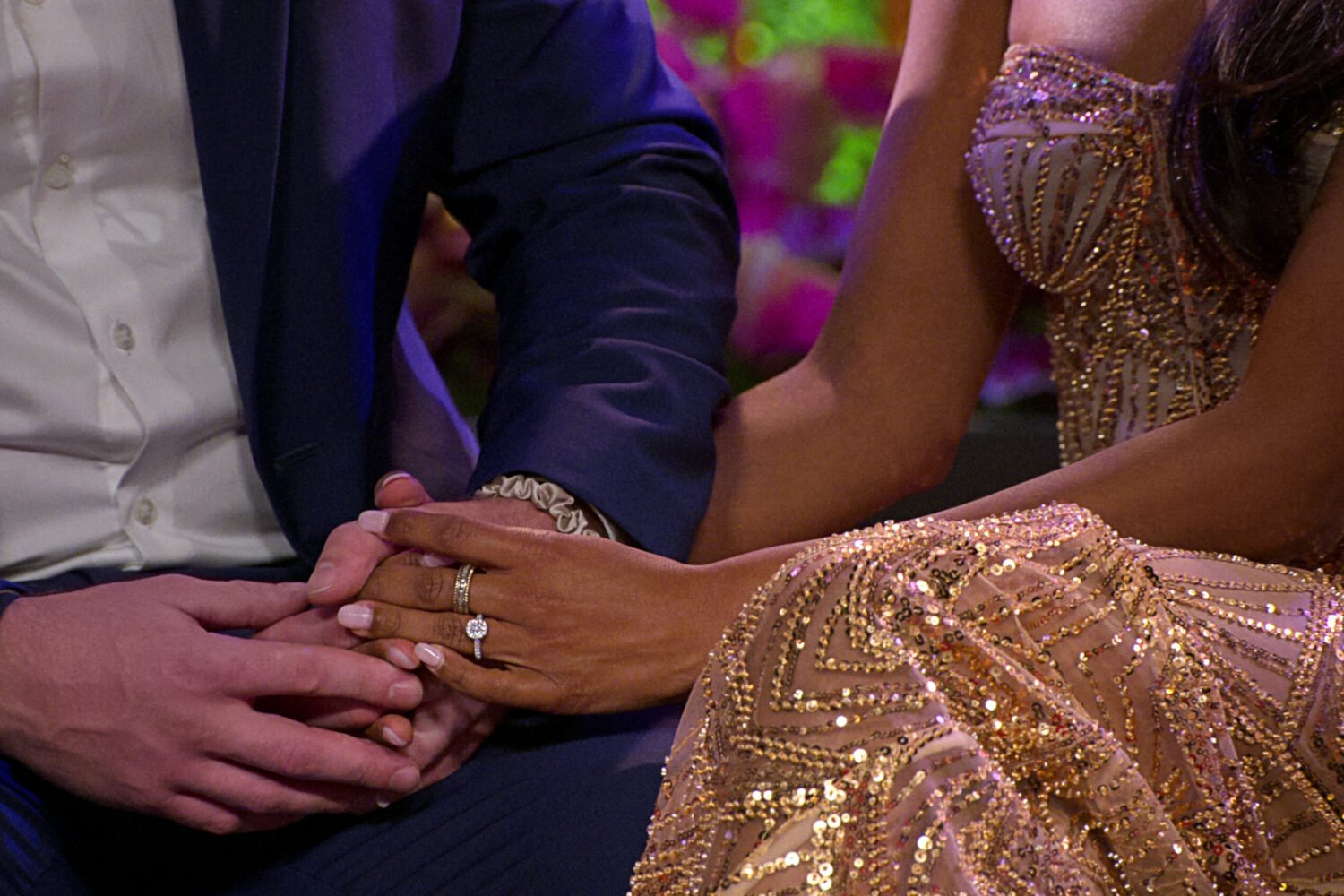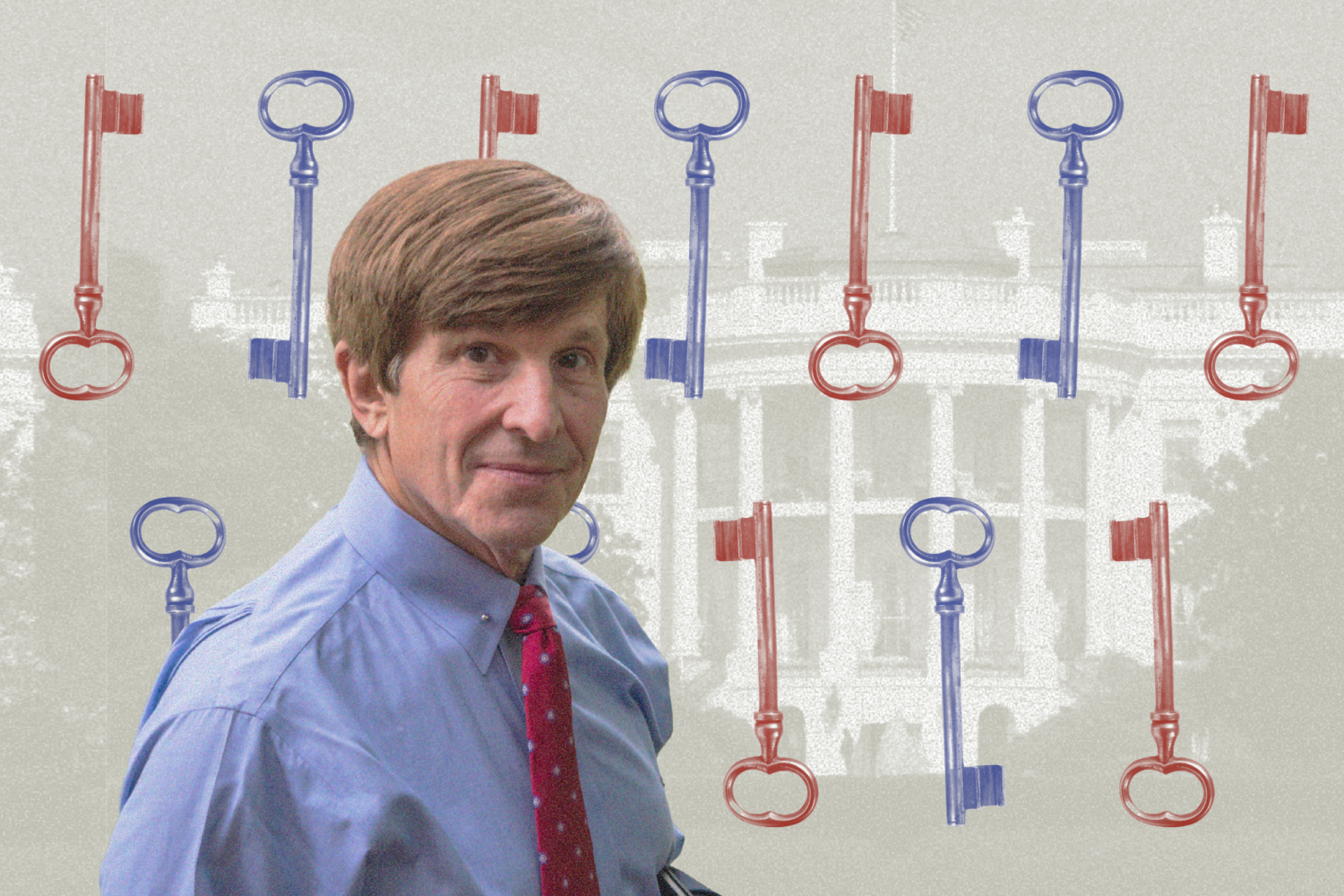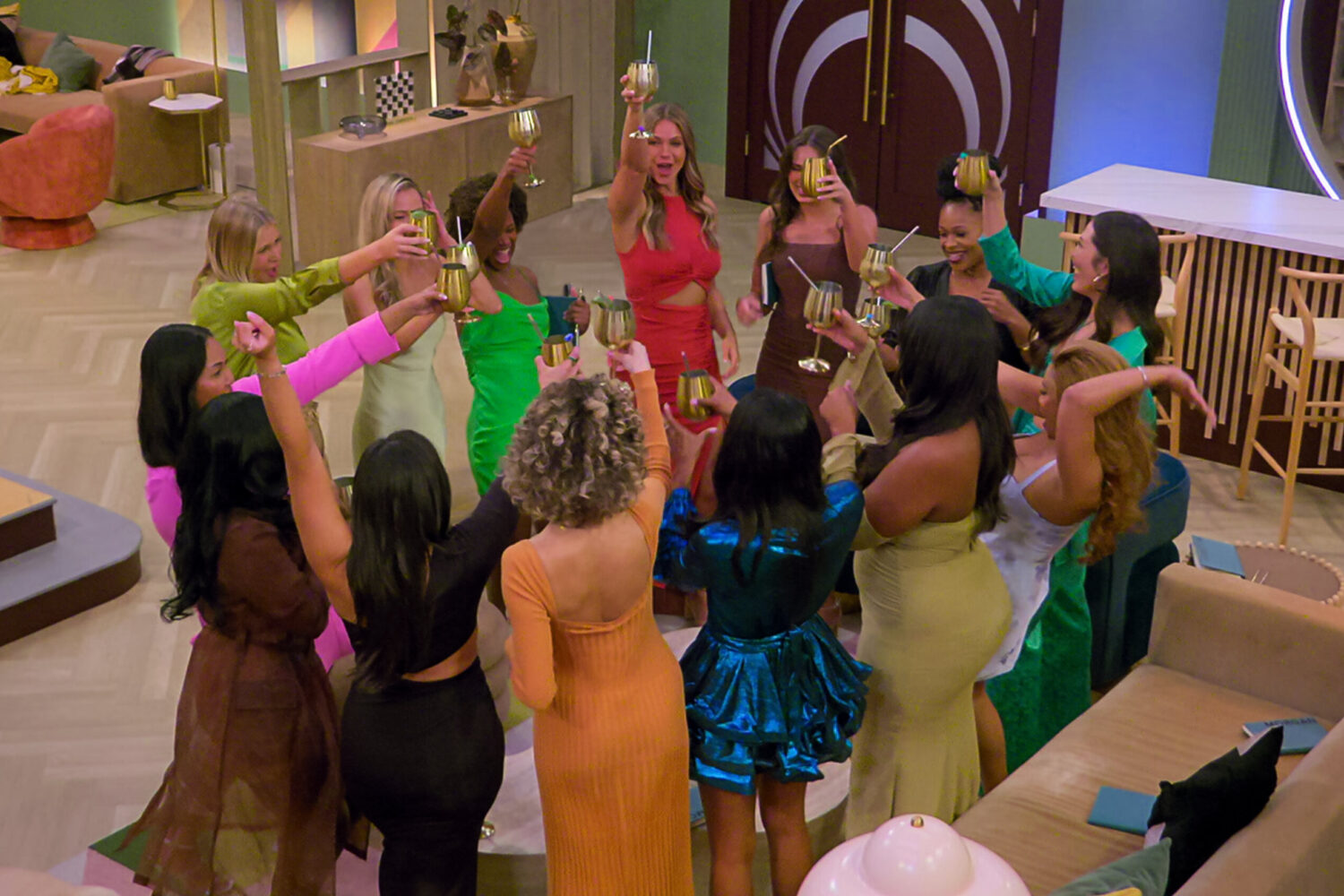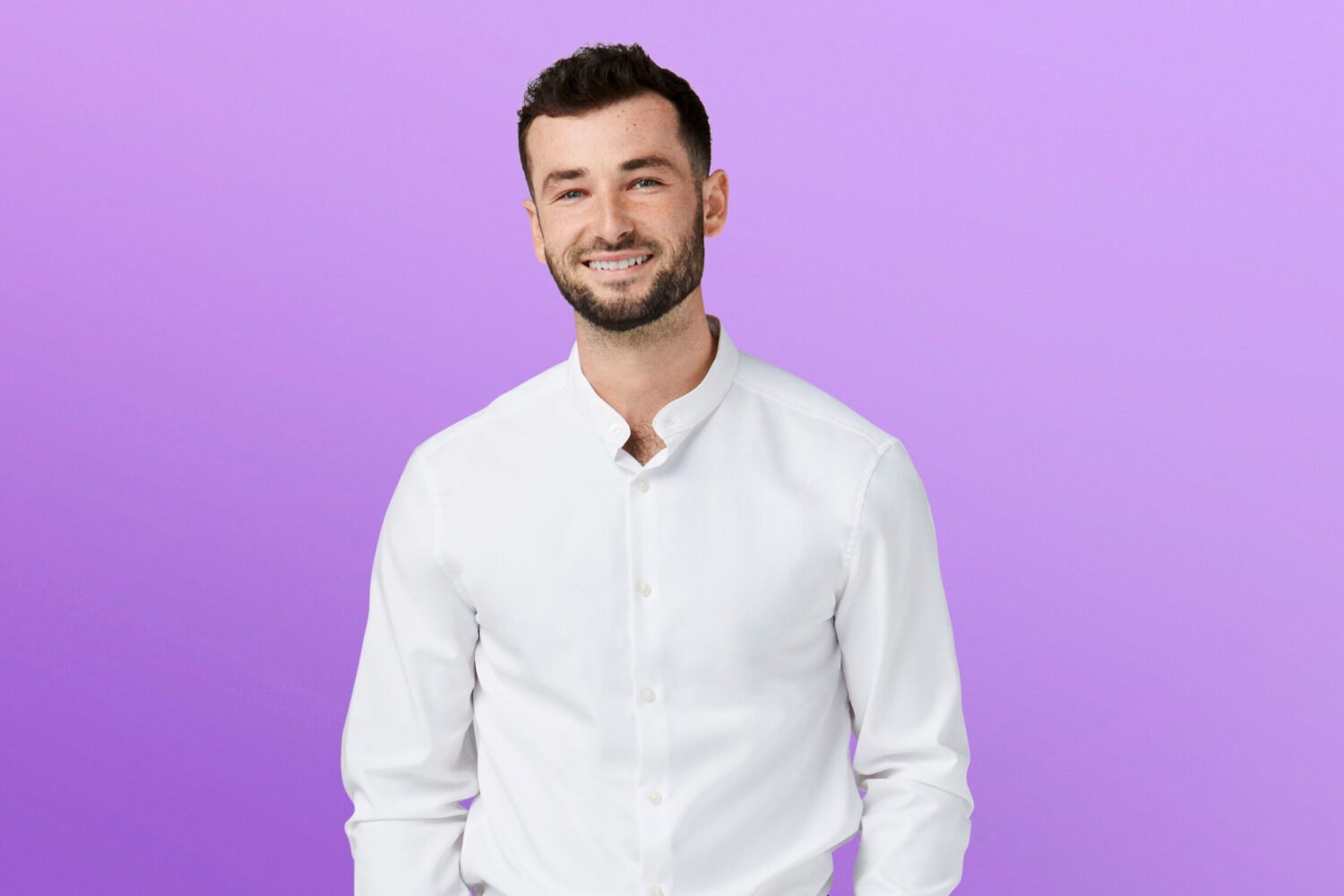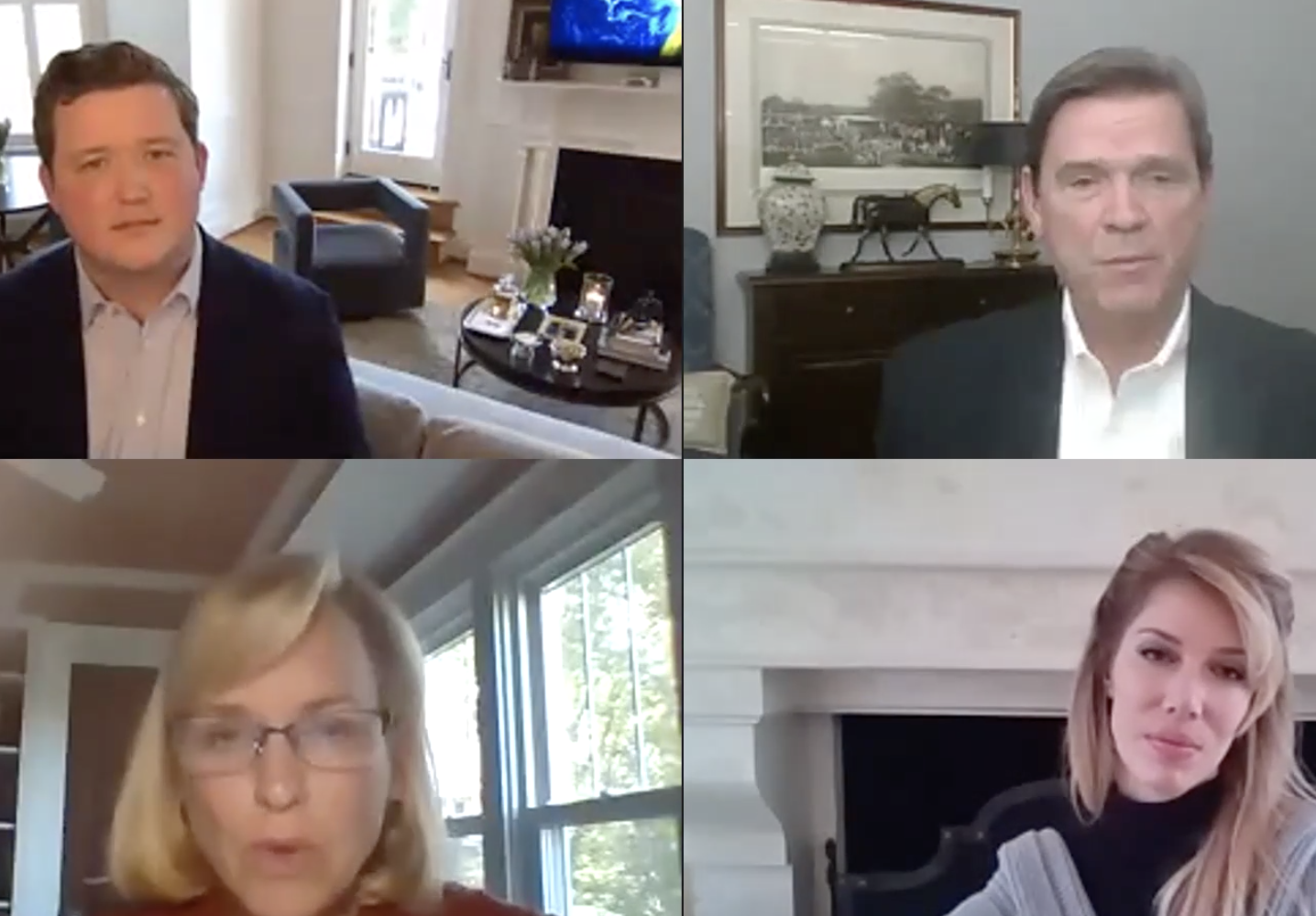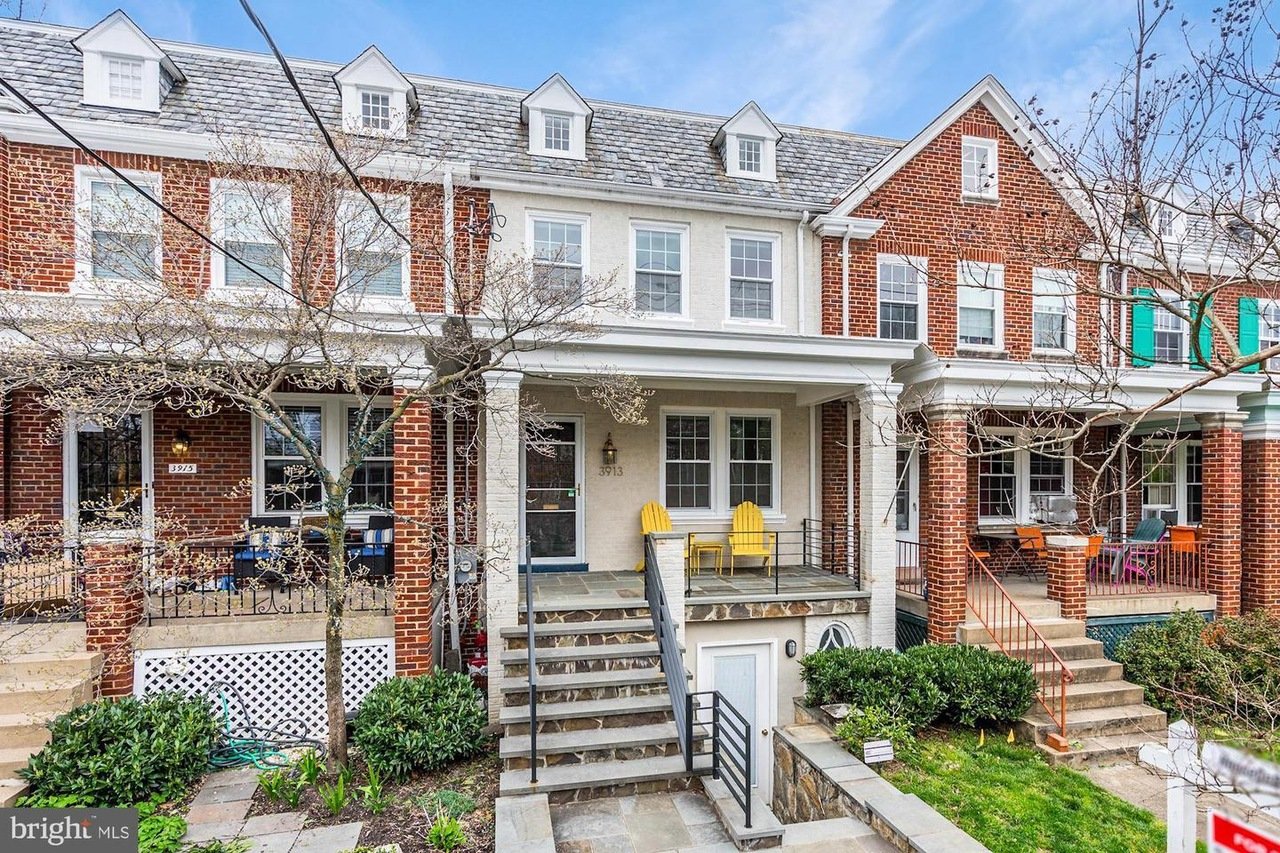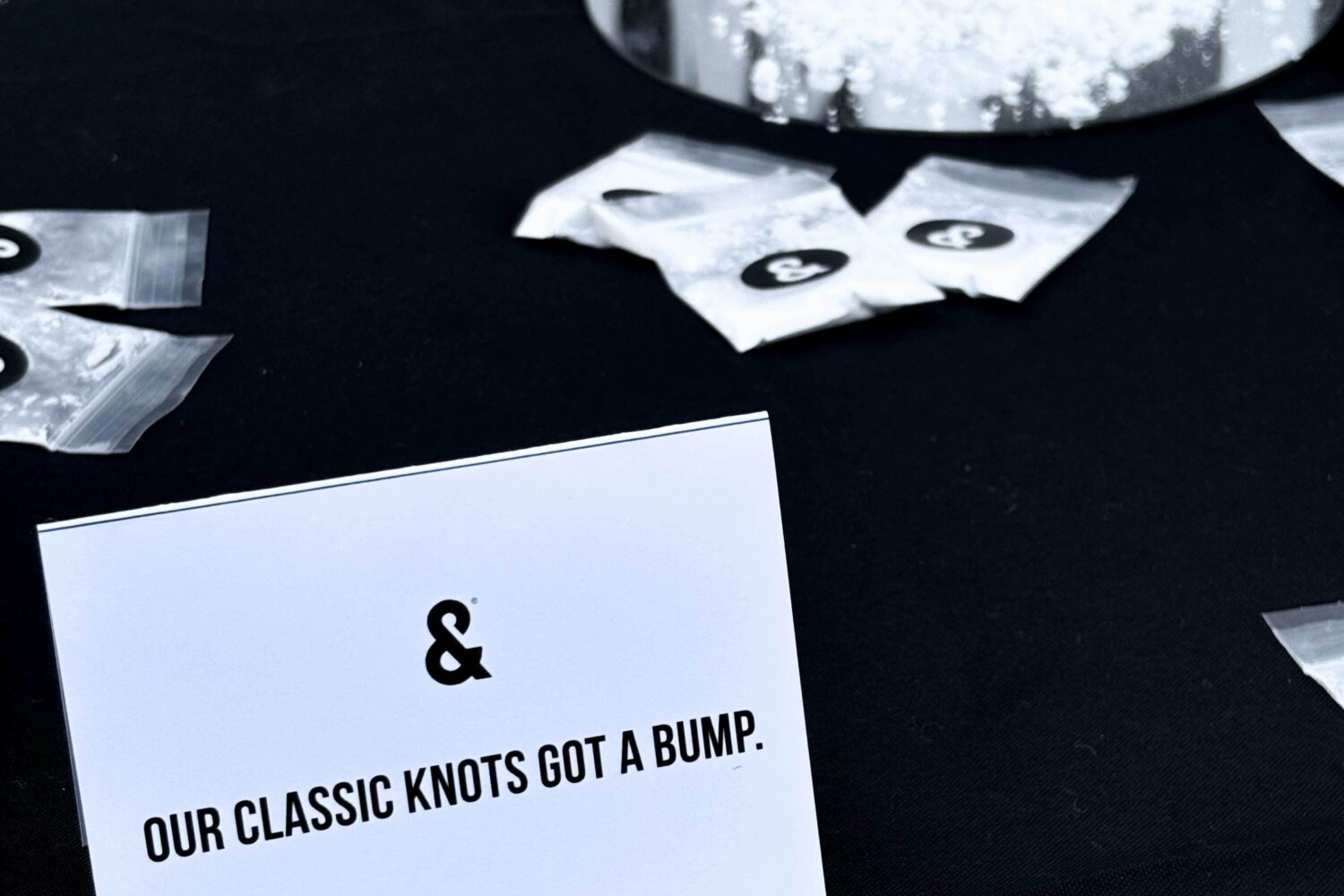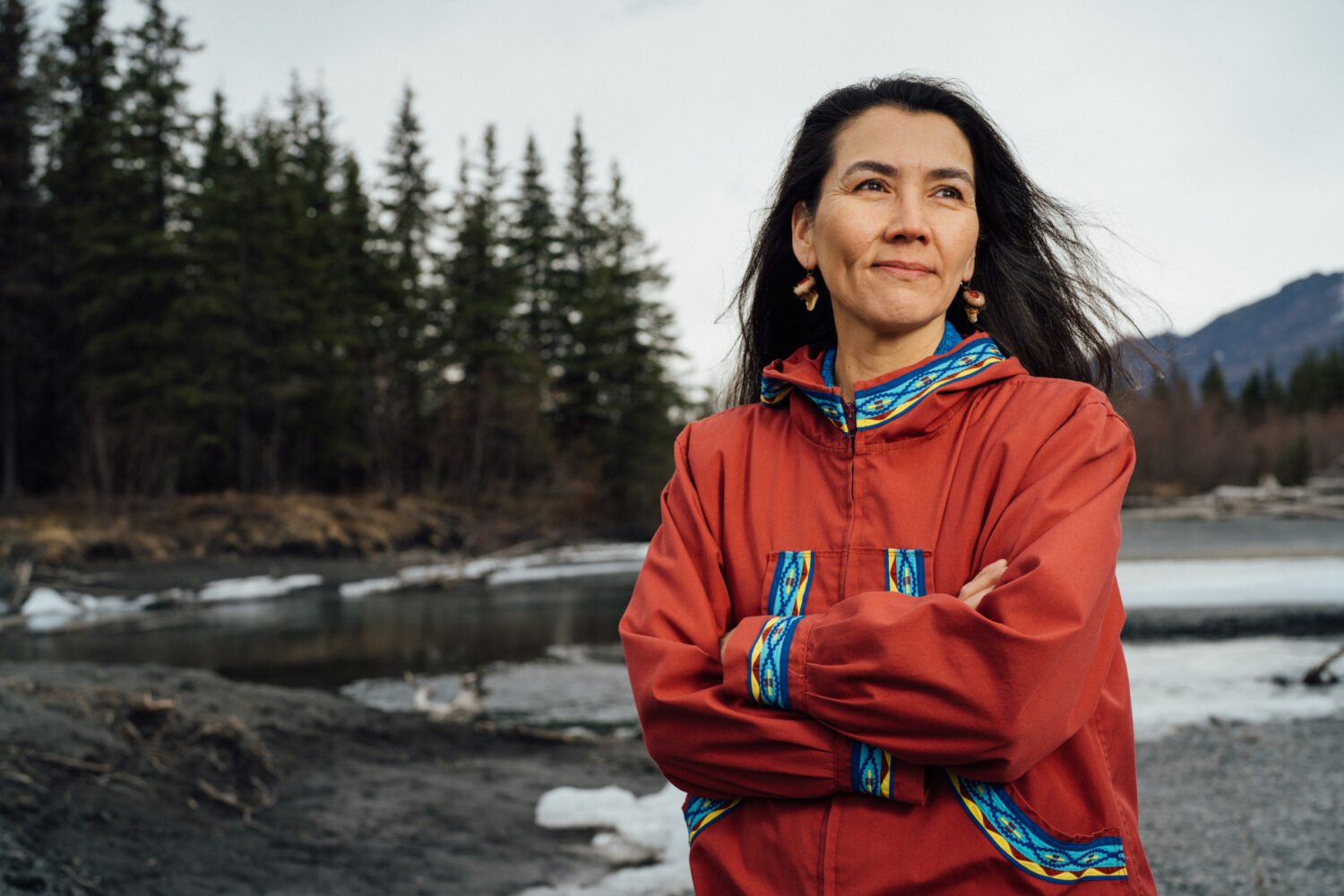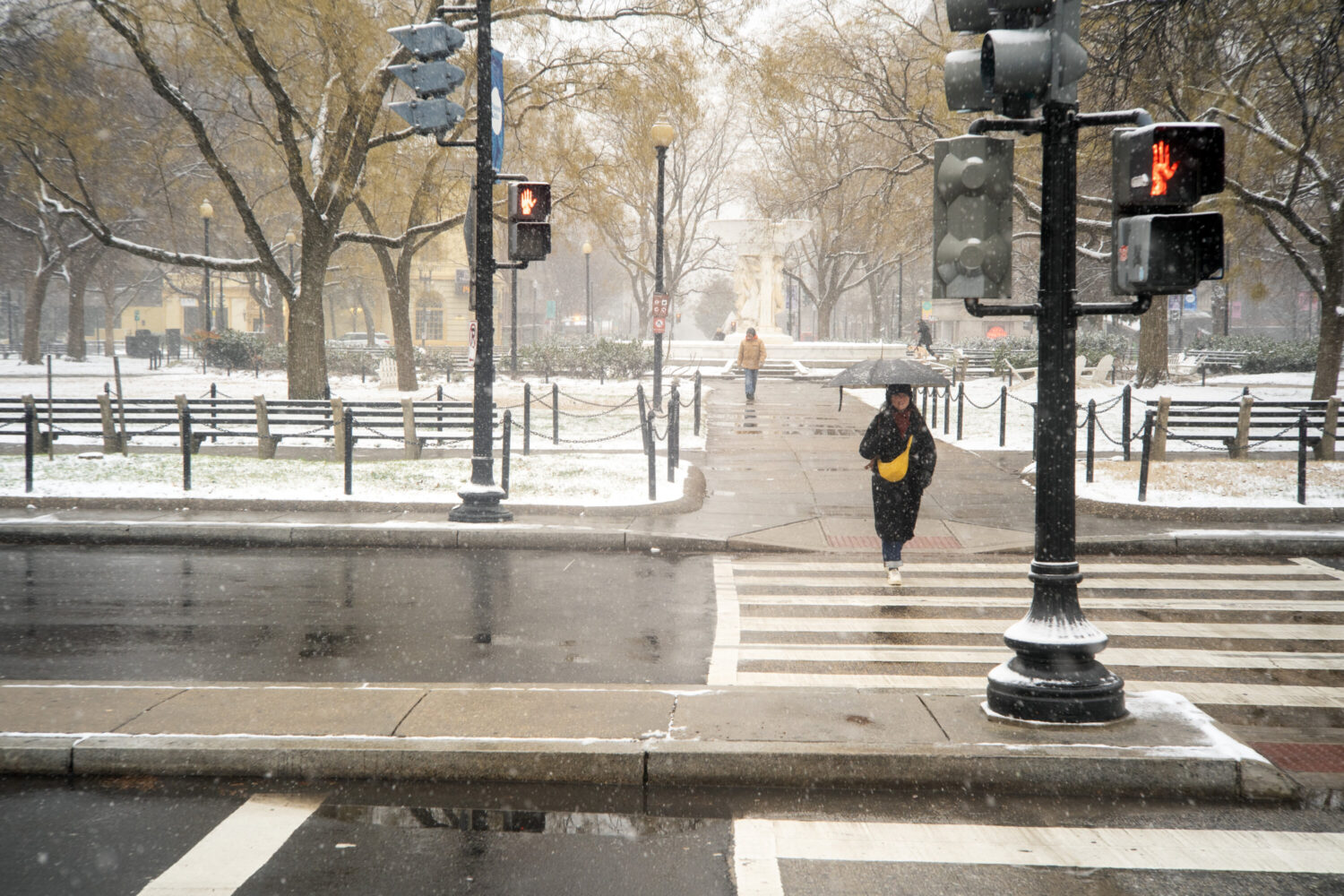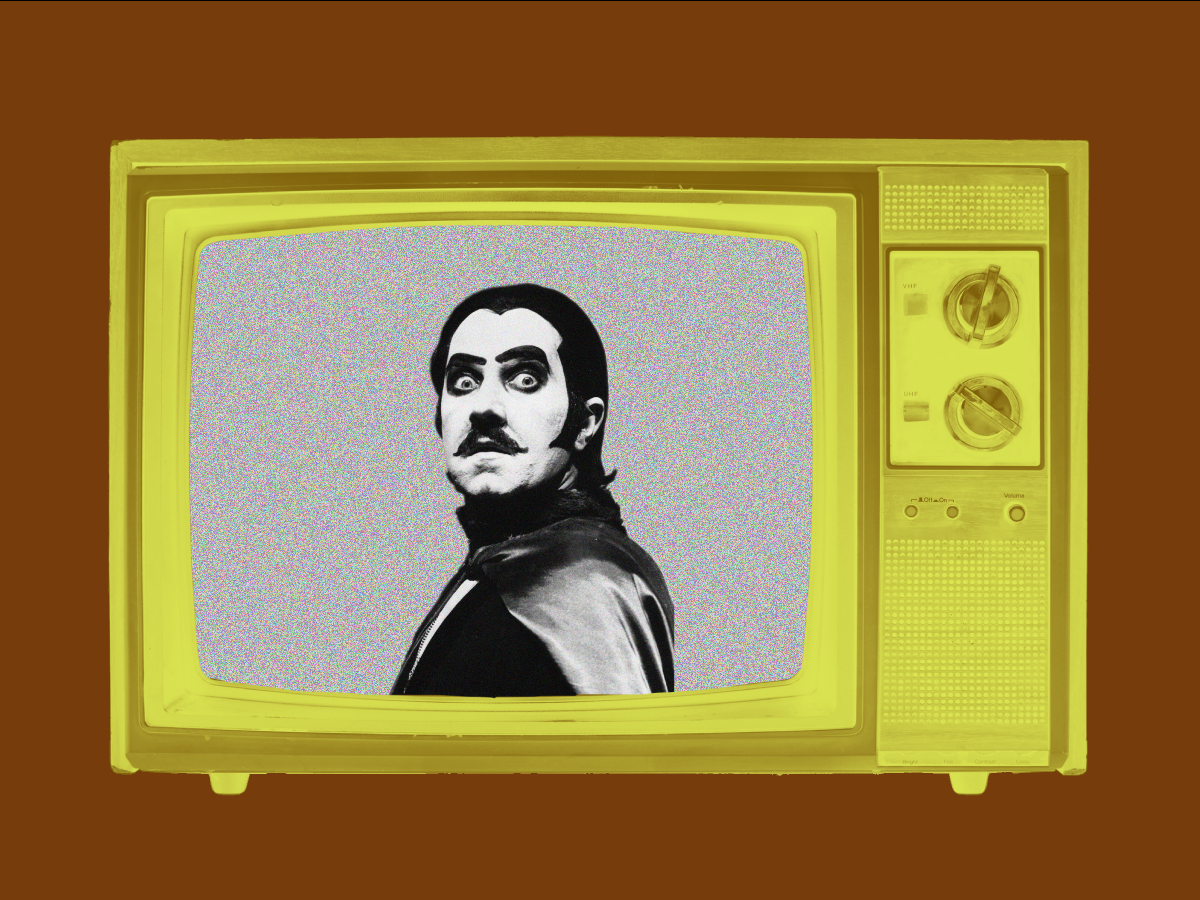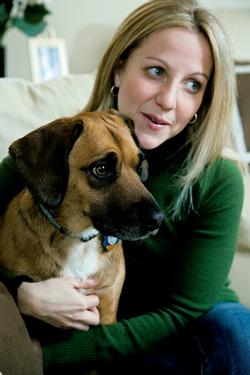
The day we brought Bailey home from the DC Animal Shelter, he was squealing and shaking in the car. My husband, Chris, was driving; I was in the back seat with Bailey, petting him and telling him how happy he’d be at his new home.
Then he turned away, moved to the other side of the car, aimed for the floor, and threw up.
I took it as a sign of love: He barely knew me, and he wanted to protect me.
We’ve been inseparable ever since. If I’m sitting in a small chair, Bailey squeezes in. When I’m using my laptop, he nudges his nose under my arm and rests his head on the keyboard. Chris and I fight for his attention: “Who do you love more?” we’ll say. “Mommy or Daddy?”
Even our friends who have dogs get annoyed. We’ve become those people. We call our 48-pound mutt our son. Before I leave for work, I ask for “kisses.” When I get home, I ask about his day.
On vacation last year, Chris and I found ourselves saying, “Go get your football, little man,” as if Bailey were with us. We kept picturing our return home and talking about who he’d run to first.
I sometimes wonder if I love Bailey too much. Los Angeles pet therapist Warren Eckstein—nicknamed the “Dr. Phil of pets”—says a close attachment to pets is normal. Eckstein, who does a segment on radio station Mix 107.3, has asked listeners if they would mortgage their house to save their pet’s life. Most said yes.
“This question ‘Are we obsessed with our pets?’ is for people who just don’t get it,” says Eckstein, who meditates with his dogs and leaves messages for them on his answering machine. He once worked with a DC couple considering calling off their engagement because their dogs didn’t get along.
At the Mountain Run Kennel in Culpeper, people leave behind shirts so their dogs won’t forget them while they’re away. When owner Jane Kelso told one customer that her dog had a great time at the kennel, the woman burst into tears and said, “She didn’t miss me!”
At the Posh Pooch in Bethesda, owner Leslie Rosenthal sells everything from wool sweaters and hooded raincoats to monogrammed car seats and canopy dog beds. “Most people who come in will say, ‘It’s really sick how much I love my dog—don’t tell anybody,’ ” says Rosenthal, who recently dressed her Yorkshire terrier Ruby in a green sweater to match her own.
Jennifer Ortiz of Silver Spring, a 28-year-old communications director for an automotive association, gets e-mails from her miniature dachshund, Katie Margaret—sent courtesy of husband Eddie. When the two left Katie Margaret at the PetSmart PetsHotel in Bethesda, they called her at the hotel’s “bone booth.”
“They told me she couldn’t come to the phone because she was on her afternoon walk,” says Ortiz, who used a baby book when deciding on the name Katie Margaret.
Page Evans, a writer who lives in Georgetown with her two daughters, had a first-birthday party for her black Lab, Angus, with kibble-and-peanut-butter cupcakes. A Derwood couple recently hosted a “bark mitzvah” for their 13-year-old Labrador-shepherd mix, Ike, who wore a tallith and yarmulke.
Maybe there’s nothing wrong with my relationship with Bailey. So what if I move out of his way every time he nudges me at 3 am because he wants more room in the bed? He’s family.
Last summer, Chris and I took Bailey to the dog beach at Quiet Waters Park in Annapolis. Most of the dogs were swimming, but Bailey was running in the sand trying to steal toys. We threw tennis balls into the water, hoping he’d go after them. We wanted him to face his fears.
“Be a big boy,” I kept saying, hoping nobody heard me.
People tell us we’ll start treating Bailey like a dog once we have kids. Eckstein says lots of young couples get married and months later, when the honeymoon ends, get a dog or cat. “It literally becomes their child,” he says.
Dr. Kim Danoff, who runs the Veterinary Holistic & Rehabilitation Center in Vienna, “spoons” in bed at night with Charles, her black-Lab mix. She’s taken him canoeing and rafting. He has 15 coats and sweaters, two raincoats, and camping gear.
Says Danoff: “I don’t think there’s anything wrong with loving an animal like a person.”
It’s not just couples without children or people who live alone who obsess over pets. “Animal lovers are across the board,” says Arlington writer P. Elizabeth Anderson, author of The Powerful Bond Between People and Pets. “We are biologically predisposed to love animals. It’s in our DNA.”
We can talk to pets about anything. I vent to Bailey when I’m stressed out. He licks my face when I’m crying—and I don’t believe it’s just because dogs like the salt in tears.
“Everyone is texting, e-mailing, and iPhoning, and that personal relationship we used to have with people around us isn’t there anymore,” says Warren Eckstein. “People are looking for that emotional balance in life with their pet.”
It’s not just dogs. Dr. Scott Stahl, who runs Stahl Exotic Animal Veterinary Services in Vienna, gets holiday cards with photos of lizards wearing Santa hats; one woman lined up her guinea pigs on a sled, like reindeer. Parrot owners set up perches on their kitchen chairs so the birds can eat with them, he says. “I have one client who sleeps with her tortoise every night.”
I’ve never bought Bailey organic treats or taken him for a massage. He has his toys—Rafi the giraffe and Ele the elephant—as well as a stuffed football he carries everywhere to use as a pillow, which we think is brilliant.
But if Bailey got sick, I wouldn’t know where to stop to keep him with me. There are oncologists, cardiologists, and neurologists for pets. Dogs can use pacemakers, have kidney transplants, and undergo open-heart surgery. Wouldn’t he deserve every chance possible?
I heard a news report about a couple who deployed a private detective and a helicopter to search for their lost dog. I laughed, then realized I might do the same thing.
Annette Annechild, a psychotherapist who practices in Georgetown, says her Weimaraner, Roscoe, changed her life. Five years ago, someone asked her to take Roscoe home for one night. He was about to be put up for adoption.
Annechild wasn’t in the market for a dog, but she fell for him immediately.
“Here was a dog that lost everything he knew at eight years old,” she says. “I kept saying, ‘It’s okay. I’m your mother—I’ll be there for you.’ ”
When Roscoe had a heart attack two years ago, Annechild thought he was dead. “I’m not a crier, but I was in the bathtub sobbing,” she says. “What I realized then is that grief is the price you pay for love.”
Roscoe wakes her every morning at 7:04, ears up and tail wagging. “Dogs don’t care how much money you have or what you drive, and they never think you’re wrong,” Annechild says. “We need that.”
The other night, I walked into the bedroom and found Chris lying down watching a game and Bailey curled up next to him in my spot. I leaned over to Bailey, my nose touching his, and said I couldn’t love him more than I do and I didn’t know what I’d do without him.
Chris said, “I thought you were talking to me.”
This article is part of Washingtonian's Pets Guide package. Click here to read more about pet experts, dog walkers, groomers, and more.

